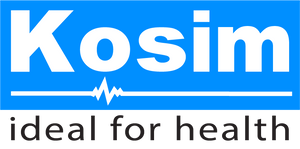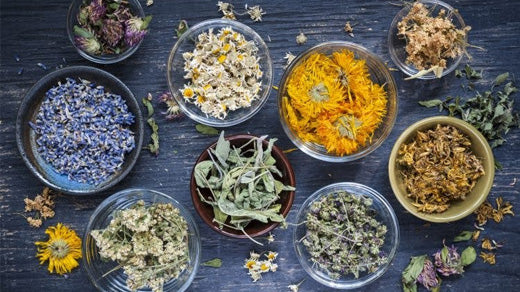Last updated on January 26, 2022
Chinese herbs are growing in popularity as a natural remedy for stroke recovery, but to what extent?
Studies show Chinese herbs may improve outcomes after stroke. However, there are important contraindications to consider, as certain herbs may increase stroke risk in certain people.
You’re about to learn who should be cautious when looking for Chinese herbs for stroke recovery (hint: everyone). You’ll also learn how other natural. modalities of Traditional Chinese Medicine can provide benefits with less risk.
Which Chinese Herbs for Stroke Recovery Are Used?
There are some Chinese herbs that have been shown to improve recovery from stroke.
Specifically, Buchang Naoxinton has been proven to improve outcomes in patients after ischemic stroke and carotid atherosclerosis during initial treatment.
This is likely caused by the blood thinning effect of the Chinese herb, similar to the effect of aspirin, which is often used for emergency stroke treatment.
But, remember – not all strokes are caused by blood clots. Hemorrhagic strokes are caused by a ruptured artery in the brain and will worsen with blood thinners.
Important warning: Blood-thinning Chinese herbs like Buchang Naoxinton could be disastrous or fatal for someone with a history of hemorrhagic stroke, high blood pressure, or other medical complications.
This is why consuming Chinese herbs should be taken seriously. Anyone considering taking herbal supplements should consult with their doctor and a qualified Chinese herbalist.
Is There a Pill for Stroke Recovery?
Most patients seeking stroke treatment through Chinese herbs are looking to heal the after effects of stroke, like impaired mobility.
Unfortunately, if you’re trying to recover movement after stroke, then Chinese herbs probably won’t help. (There’s an upside to this, so stick with us.)
While Chinese herbs are well-known for their health-boosting benefits, they cannot offer much help in the neurorehab department.
Stroke rehabilitation occurs through rewiring the brain through massed practice in a process known as neuroplasticity. It’s about reconnecting mind to muscle through repetition.
Unfortunately, that goal cannot be achieved by consuming Chinese herbs. You must put in the hard work.
If you want to improve mobility after stroke, for example, only rehabilitation can help. Since your brain must be stimulated by the repetition of moving your muscles, is there a place for Traditional Chinese Medicine in stroke recovery?
Here’s the good news:
Boosting Overall Recovery with TCM
While there is no short cut for recovery from stroke, Traditional Chinese Medicine (TCM) certainly might help your overall efforts.
Specifically, it’s possible that the addition of Chinese herbs may enhance your recovery from stroke if there are underlying conditions that are impeding it.
For example, if your body is in a heightened state of inflammation, then managing the inflammation with Chinese herbs may have a positive effect on your recovery overall.
Understand that TCM is complex, but a trained herbalist can find the right herbs for you.
If you’re interested in other natural remedies for stroke, another TCM practice called acupuncture can also help.
Acupuncture vs. Chinese Herbs for Stroke Recovery
Acupuncture is an alternative health treatment that involves inserting thin needles into specific “acupoints” on the body.
Studies have shown that acupuncture helps improve mobility after stroke, especially when it’s combined with traditional physical therapy.
The needles used during acupuncture help stimulate your brain, especially when electrical stimulation is added to the treatment.
Unlike Chinese herbs, acupuncture has plenty of supporting clinical evidence for boosting recovery from stroke. If your budget is limited, we recommend putting your investment there instead.
However, other studies have shown that a combination of Chinese herbs and acupuncture can have a profound effect.
Understanding TCM for Stroke Survivors
If you’re interested in pursuing natural remedies for stroke recovery, Chinese herbs may be appropriate for you. However, it’s important to seek out a qualified herbalist who understands how Chinese herbs can impact different health ailments.
While some Chinese herbs, like Buchang Naoxinton, can help improve outcomes from ischemic stroke, they are not recommended for those who have suffered a hemorrhagic stroke.
Acupuncture, another TCM practice, is a safer alternative to Chinese herbs, especially when combined with electrical stimulation. Combining the two treatments could lead to even better results.
As long as patients remain cautious yet optimistic when pursuing alternative stroke remedies, TCM could help boost recovery.

